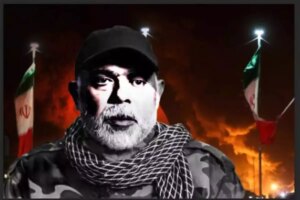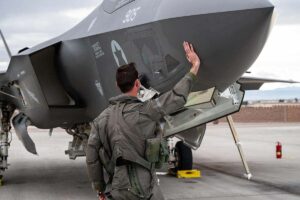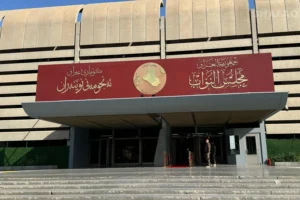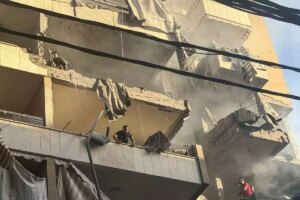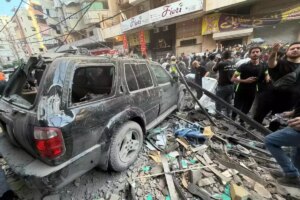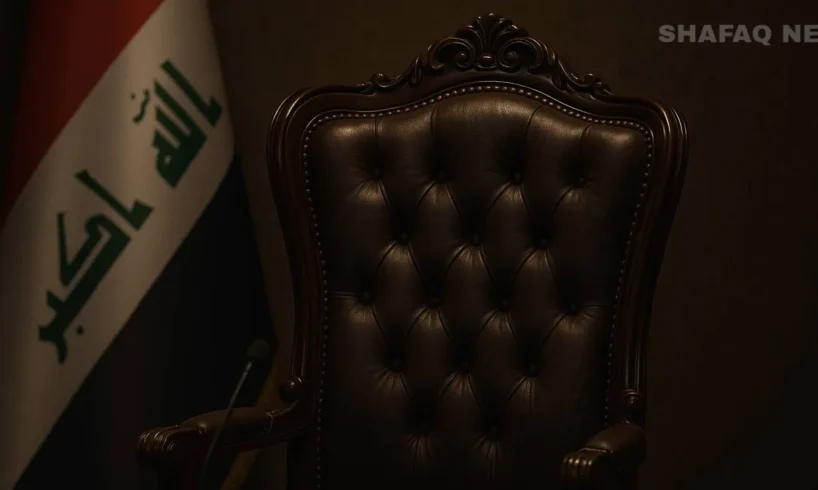
Shafaq News
Iraq has entered a narrow and politically sensitive window for fiscal
reform as the government transitions into caretaker status. Economists and
policy advisers warn that the next administration inherits an economy that has
reached its structural limits — one that remains stable on paper, yet acutely
vulnerable to volatility.
The country’s long-standing fault lines are converging at once:
overdependence on oil, exposure to geopolitical tension along global energy
routes, an oversized public sector that crowds out private investment, weak
non-oil revenues, sluggish banking modernization, and intensifying pressure
from the global shift toward cleaner energy.
Taken together, these forces leave Iraq’s macroeconomic position
dependent on a single unpredictable variable: the price of crude.
A Long-Term Opportunity Shadowed by Short-Term Risk
Financial Advisor Mudhhir Mohammed Salih believes Iraq retains the
ingredients of long-term prosperity — but only if political leaders commit to
the trajectory outlined in Iraq Vision 2050, which calls for economic
diversification and a productive, export-oriented private sector.
Yet in his interview with Shafaq News, Salih cautioned that the present
moment is “structurally fragile,” shaped by exogenous pressures Iraq cannot
control. Geopolitical friction along maritime energy corridors and global
growth fluctuations directly influence crude demand, leaving government
revenues exposed.
Because public spending powers most of Iraq’s economic activity, he
explained, any external shock transmits immediately to households, markets, and
fiscal stability. To break this cycle, “We need a rapid transition toward
productive non-oil sectors and deeper state–private sector partnerships.”
Since 2003, more than 93% of annual revenue has come from oil, a share
that has remained virtually unchanged despite multiple reform programs — a key
indicator of how little diversification has occurred.
Read more: Without oil: Iraq’s economic future hanging in the balance
Untapped Engines of Non-Oil Growth
Economist Mustafa al-Farraj approaches the crisis from a practical
angle, pointing to three dormant sectors capable of generating fast, measurable
income: religious tourism, agriculture, and small-to-medium enterprises (SMEs).
Religious tourism alone, according to estimates, could generate $8–10
billion annually if paired with streamlined services, modern infrastructure,
and a unified visa framework — far above current levels.
Agriculture, weakened by climate challenges and inefficiencies in
irrigation and land distribution, remains another vast but underperforming
domain.
To unlock these engines, al-Farraj outlined four urgent priorities:
Cutting non-essential government expenditures, restructuring the public wage
system, improving tax collection outside the oil sector, and establishing a
sovereign stabilization fund to cushion the next oil-price shock.
For him, these are not optional reforms but survival tools for the next
government.
Fiscal Discipline as a National Shield
Economist Ahmed Abdrabo delivers a sharper warning: without strict
fiscal discipline, Iraq will face its next financial crisis sooner than
expected.
His roadmap begins with eliminating wasteful spending and adopting
conservative oil-price benchmarks in the federal budget — a recommendation long
supported by official data showing that Iraq typically builds budgets on
optimistic price assumptions, increasing vulnerability when markets dip.
Abdrabo also urges modernization of the banking system. Cash-based
transactions still dominate Iraq’s financial landscape, discouraging investment
and limiting transparency. The expansion of digital payment systems, he said,
would strengthen the business environment, widen the tax base, and improve
economic monitoring.
But his long-term warning is deeper: Iraq cannot transition to a
diversified economy without major investment in human capital. Education,
vocational training, and workforce preparation must evolve to support
productive sectors, not only government jobs.
The Countdown of the Rentier State
From a structural perspective, researcher Ahmed Eid situates Iraq’s
current dilemma within a global transformation. As the world accelerates toward
renewable energy, he told Shafaq News, Iraq’s rentier model — built almost
entirely on crude exports — is approaching its limit.
For Eid, the danger lies not only in declining long-term demand but in
the country’s inability to convert oil wealth into durable national assets.
“Unless public expenditures are directly linked to development goals and backed
by real tax, customs, and anti-corruption reform,” he said, “Iraq risks wasting
its final opportunity to secure a post-oil economy.”
He urges policymakers to channel current financial surpluses toward
infrastructure, agriculture, industry, and renewable energy — sectors that form
the backbone of economic resilience in every successful post-rentier state.
Shafaq News’ previous investigations support this assessment: in 2023
and 2024, Iraq spent over $120 billion annually, but the share directed toward
long-term productive investment remained below 15%, with the majority consumed
by salaries, subsidies, and operational costs.
A Decisive but Narrow Window
Across their differing methods, the experts agree on a single
conclusion: Iraq’s economy is stable, but far from secure.
The country enjoys temporary fiscal comfort thanks to high oil prices
and accumulated reserves, but these buffers mask deeper structural weaknesses.
Delays in diversification, slow banking reform, and an oversized public sector
leave the economy ill-equipped for global shifts already underway.
For many analysts, including those interviewed by Shafaq News, the next
administration may be the last with both the political space and financial
resources to anchor Iraq’s economic future. Once global energy demand begins
its structural decline, the margin for error will evaporate.
Read more: Iraq’s post-election roadmap: From ballot to government formation
Written and edited by Shafaq News staff.
